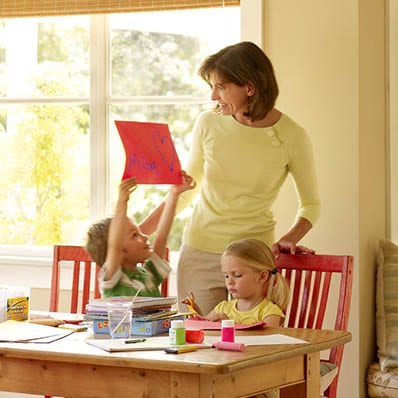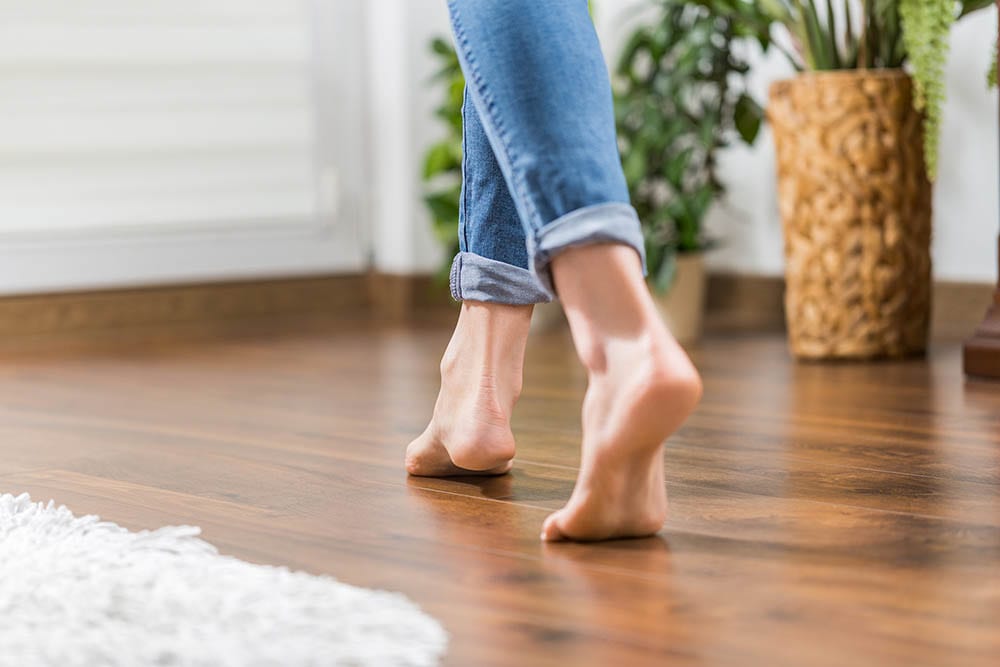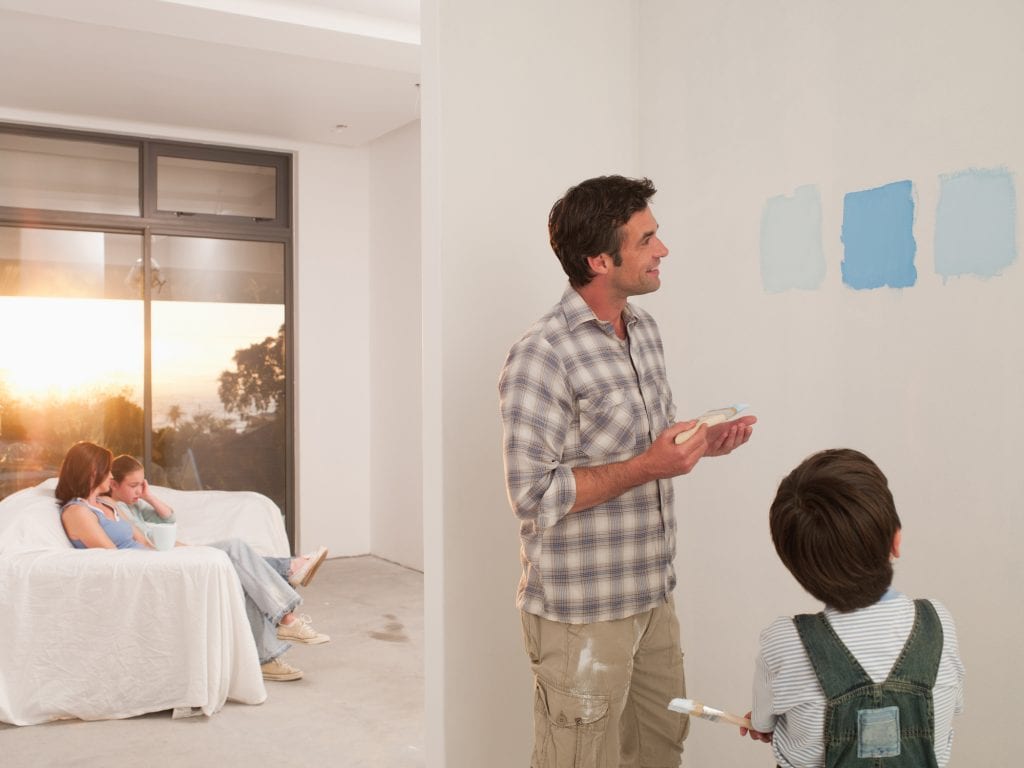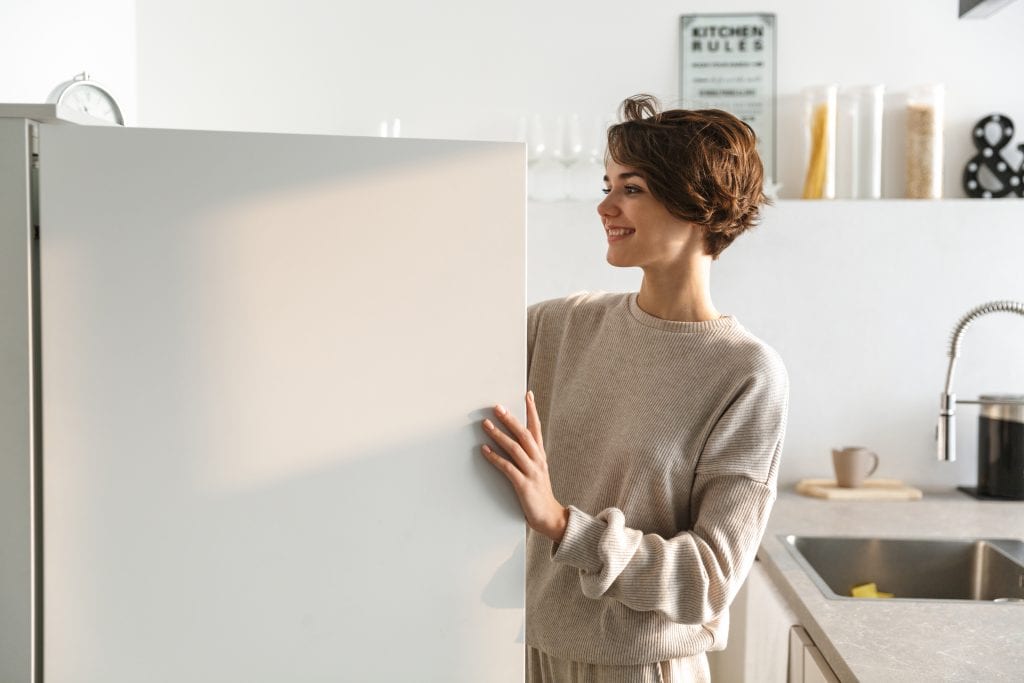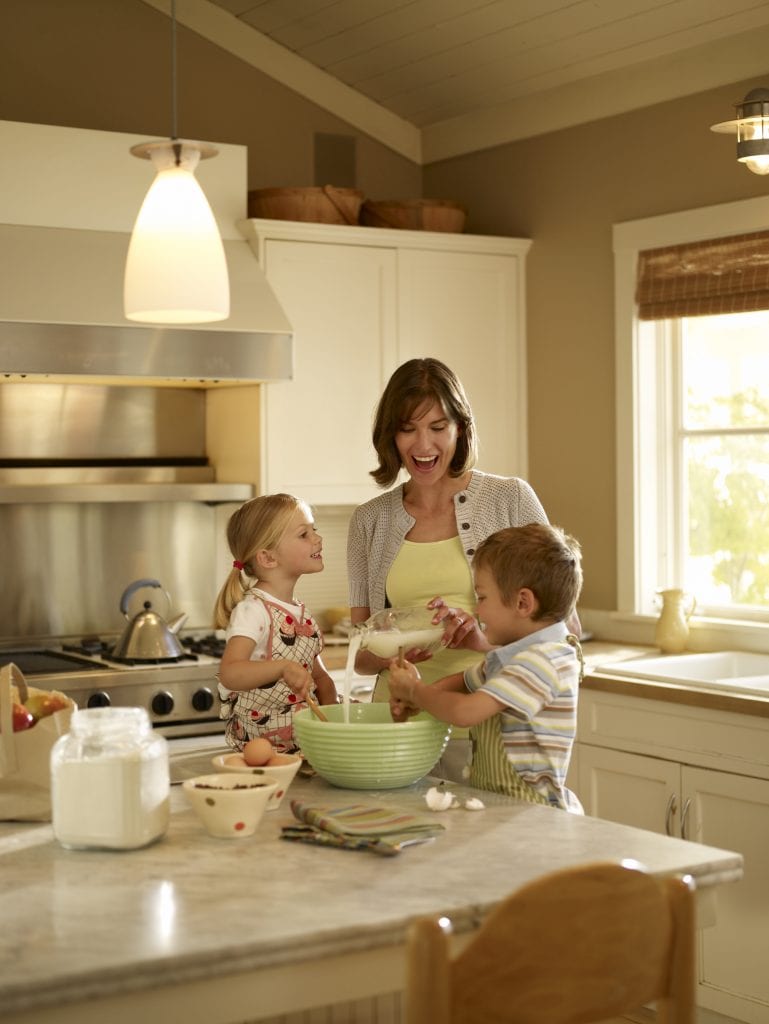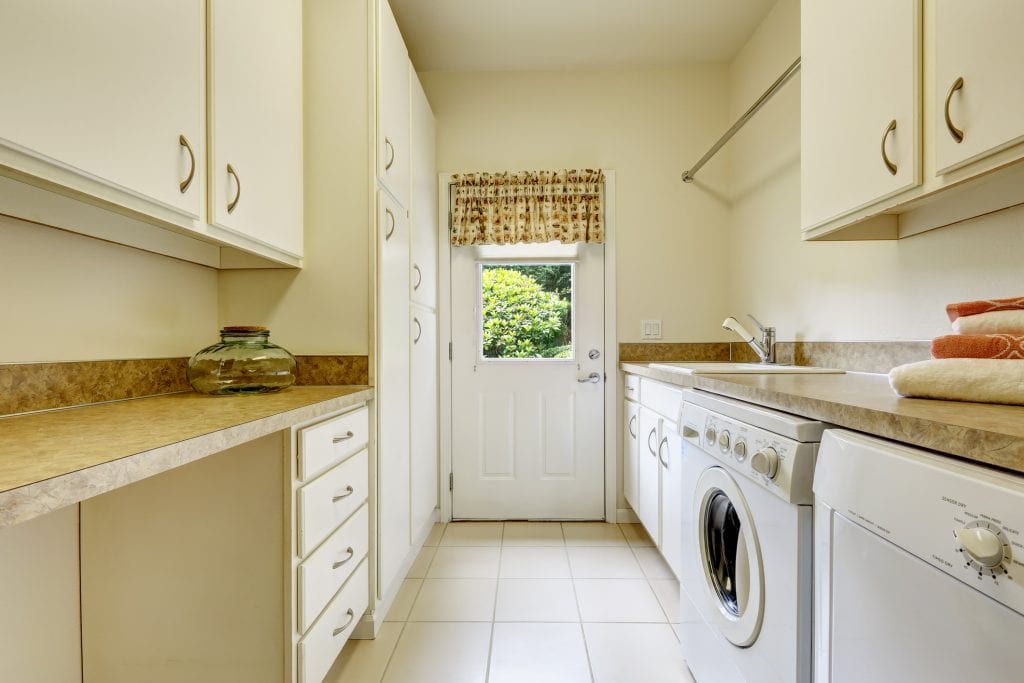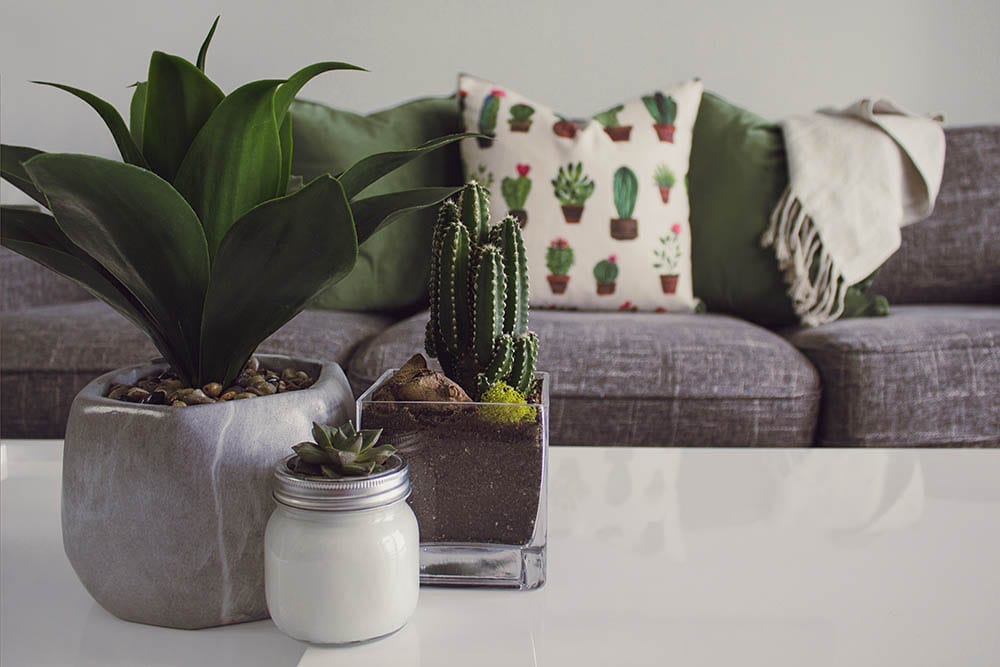
GOING GREEN
Create An Indoor Oasis
Indoor plants are having a renaissance, but there’s no looking back to dusty old macramé hangers from the 1970s. With so many different textures, shapes and colors—yes, even many shades of green!—you’re bound to find specimens to love. Here are a few tips to get you started:
- Before you buy the first beauty that catches your eye, make sure you can provide it with the proper conditions. For example, a plant that requires bright light won’t thrive in a dark hallway or a north-facing room.
- Likewise, some plants prefer low light conditions, and would be unhappy in the sunniest spot in your kitchen.
- Be diligent about watering, but don’t overdo it. For many plants, too much water is worse than letting it go dry between waterings. Check to see what each plant needs.
- Experiment with combinations of textures and tones to create additional visual interest.
- A large, spectacular plant can become a focal point in the right spot.
- Easy-care succulents are on trend and add textural interest on a table or counter.
Start by shopping at a reputable nursery to see plants up close. And don’t be surprised if you end up building quite the collection.
HOME SENSE
Your Spring Checklist
Keeping your home in good shape helps protect your investment. Here are our top tips to get your home ready for spring!
- Check walkways and patios for cracks and any loose bricks or pavers, and have them repaired.
- Clean gutters and downspouts of debris.
- Walk around your property and check for damaged tree limbs and branches. Have a qualified professional address any big problems.
- Inspect wood, stucco and other types of siding and have any damaged areas repaired and repainted for lasting protection.
- If you removed window screens for the winter, clean them well before reinstalling.
Spring is almost here, at least on the calendar. Enjoy!
YOUR HEALTHY HOME
Protect Your Family From Carbon Monoxide
Carbon monoxide (CO) poisoning is caused by fuel-burning sources such as furnaces, water heaters, stoves generators, and even fireplaces, and can result in illness or death. Take these smart precautions to help prevent a tragedy in your home:
- Install CO detectors and learn what to do if an alarm activates. This is the most important step you can take!
- Don’t use your gas stove or oven to heat the home, even temporarily.
- Never use camp stoves or charcoal grills indoors.
- Generators must only be used outdoors and kept at least 20 feet away from windows, doors and vents. Do not use a generator in a garage.
- Make sure furnaces, water heaters, gas dryers, stoves and ovens are properly vented to the outside.
- Never start a vehicle in a closed garage.
- Have the chimney swept and inspected annually by a certified professional.
Thousands of people are accidentally poisoned each year by carbon monoxide, and hundreds die. Be proactive and lower the risk to yourself and your loved ones.
DÉCOR MAGIC
Easy Updates For Every Room
Try these ideas to refresh your spaces without a full-on makeover.
LIVING ROOM – Swap out area rugs to add a new punch of color or texture. Replace lampshades with updated shapes and materials for an instant upgrade.
BEDROOMS – Change out bed covers for a new palette or pattern. Think crisp stripes for summer and cozy heathers for the colder months. Upgrade the dresser with new knobs or pulls.
BATHROOMS – A new faucet can update the look of your bathroom instantly. Paint a powder room in a color you’ve always wanted to try—it’s a fun way to experiment without making a big commitment.
KITCHEN – Get the clutter off the counters and corral cooking utensils in a pretty holder by the stove. If your budget allows, replacing cabinet and drawer hardware will upgrade the look and feel of your kitchen.
DINING AREA – Consider painting or re-covering dining chairs to completely change their look. Table linens can be swapped out seasonally and stored without taking up too much space.
PANTRY – If you’re one of the lucky ones with a pantry, take everything out, discard stale or expired products, and reorganize the space to suit your needs. Use bins and baskets keep things organized and easy to reach.
MATERIAL WORLD
Q & A: Wood Flooring
Wood flooring has almost universal appeal, and no wonder. It’s attractive, durable, and feels nice underfoot. Here we answer frequently asked questions about wood and wood-look flooring.
What’s the difference between solid hardwood and engineered hardwood?
Basically, solid hardwood is exactly what it sounds like: Pieces of solid wood, generally ¾” thick, and available in a wide range of species, widths, and colors. Solid hardwood can be sanded and refinished many times and will last for decades.

Engineered hardwood is also 100% wood, but consists of a veneer of real hardwood fused on top of high-grade plywood. It looks like real wood because it is! It’s easier to install than solid hardwood and can be used in spaces more prone to moisture than solid hardwood. Some engineered hardwood floors can be sanded once or twice, but this is best left to professionals to prevent permanent damage to the veneer.
How about wood laminate lookalikes?
Laminates have a particle board base below a printed image of wood. On top is a layer of thin, clear plastic material to protect the image. Quality varies widely — premium laminate flooring has a far less noticeable repeat pattern of the wood image, creating a better look. They are snapped or glued together to install.
While laminate floors are economical, easy to clean and maintain, they can’t be sanded or refinished.
What’s the best choice for kitchens and baths?
It depends! Engineered hardwood is considered a good option for areas prone to some moisture because the base material is less likely to warp or swell like hardwood or laminate. Solid hardwood has become very popular in kitchens to keep visual continuity with the rest of the home, but it’s important to clean up spills promptly and watch for plumbing leaks.
There are many factors that affect what type of wood flooring to choose. Research your options carefully before making your next flooring investment, and you’ll enjoy your new look for years to come.
Experience the Pillar To Post difference. Schedule your next home inspection today!


 icon and select "Add to Home Screen".
icon and select "Add to Home Screen".
